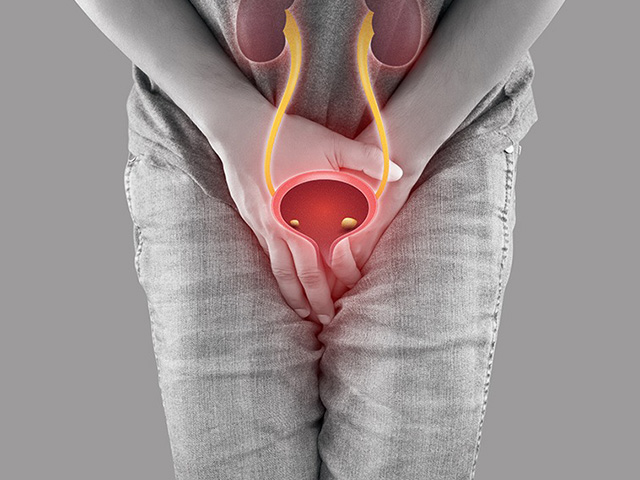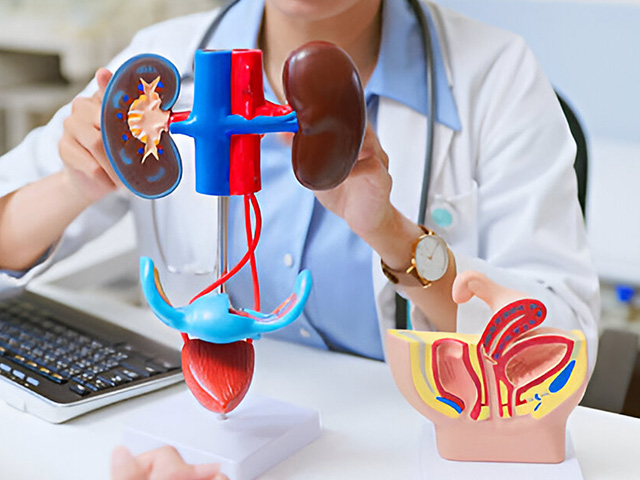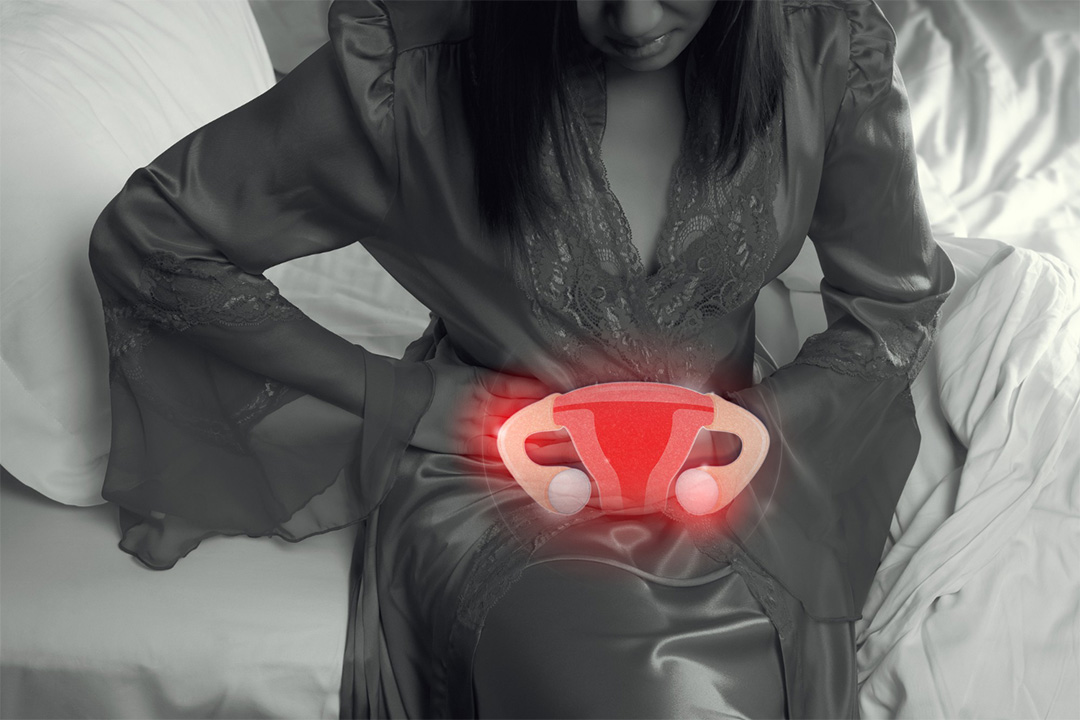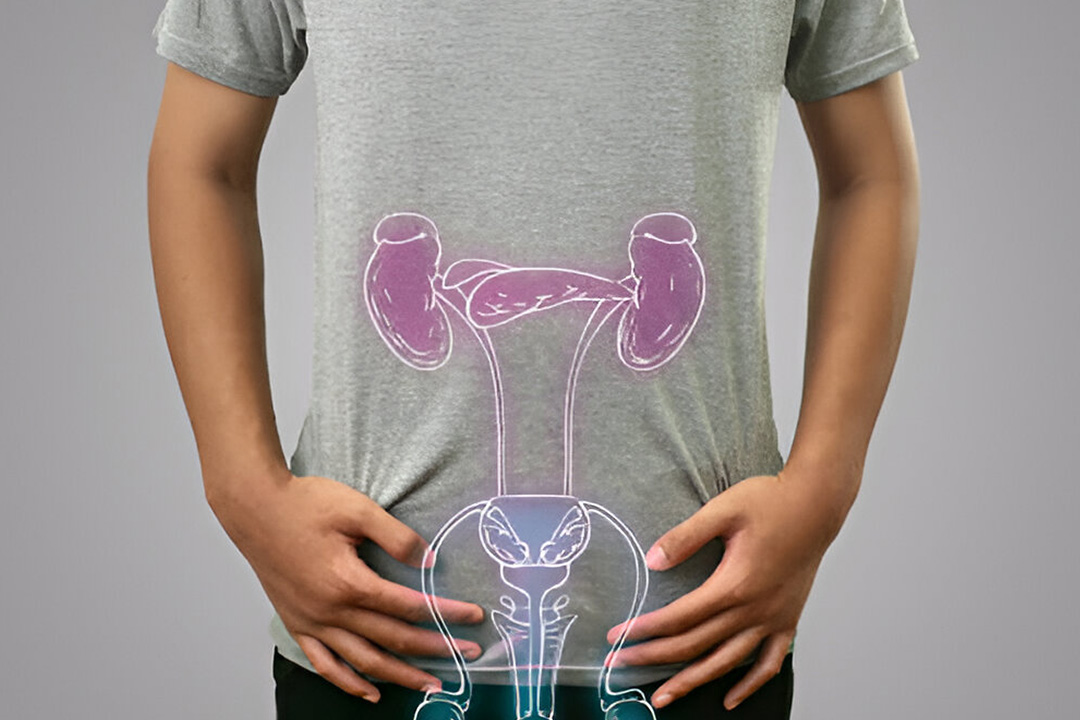The treatment of incontinence of bladder is decided by the symptoms and type (either stress, urge, overflow, or mixed). These are the most prevalent and effective treatments:
Bladder Training and Pelvic Floor Exercises
This is usually the beginning of treatment for mild to moderate incontinence:
Bladder training works by gradually increasing the time between bathroom visits. It heps in retraining your bladder and lessening urgency.
Kegel exercises can strengthen the muscles that control urination. They are particularly useful for stress incontinence in women and after prostate surgery in men.
These are very effective and non invasive when practised regularly under guidance.
Lifestyle Changes
Simple modifications can dramatically alleviate symptoms:
Management of Fluids: Excess caffeine, alcohol should be avoided and fluids should be restricted before bedtime.
Weight Loss: When you’re carrying too much weight extra pressure is placed on the bladder, which can be problematic in stress incontinence.
Management of constipation: Regular bowel habits help alleviate pressure on pelvic muscles.
Life style changes are highly recommended along with the medication for more permanent relief.
Medications to Relax Bladder Muscles
Mostly employed for urgency incontinence or OAB:
Anticholinergics such as oxybutynin, solifenacin relax the bladder muscle and decrease sudden urges.
Mirabegron stimulates the beta-3 receptor and can expand bladder capacity and cause fewer side effects as a result.
For women, topical estrogen may tone and revitalize vaginal and urethral tissues.
These drugs are available by prescription and it may take a few weeks to achieve their full effect.
Surgery: Botox in the Bladder
Botox is not just for wrinkles— it’s also FDA-approved to help people with overactive bladder:
Small doses of Botox are infused into the wall of the bladder to paralyze it.
It helps to decrease those episodes of urgency, frequency, and leakage.
The effects are maintained from six to nine months, and treatments can be repeated.
This is performed under local anesthesia or minimal sedation most commonly as a day care procedure.
Slings and Artificial Urinary Sphincters as Surgical Alternatives
Conservative treatment fails in certain patients:
Mid-urethral sling procedure: A mesh-like material is inserted beneath the urethra to support it. It is the gold standard in stress incontinence in women.
AUS (artificial urinary sphincter): This device, also frequently used amongst men who have had prostate surgery, acts like your natural sphincter and offers very good control.
They have both excellent success rates, and are safe with adequate assessment.
Nerve Stimulation Therapy (Neuromodulation)
This is a relatively new technique for people with urge incontinence or overactive bladder that doesn’t respond to treatment:
Sacral nerve stimulation (SNS): An implantable device placed under the skin in the lower back that sends mild electrical signals to nerves that control the bladder.
Percutaneous tibial nerve stimulation (PTNS): Carried out with needle electrodes near the ankle in a series of outpatient visits.
They work to bring back control of the bladder by fixing the signaling by the nerves.





